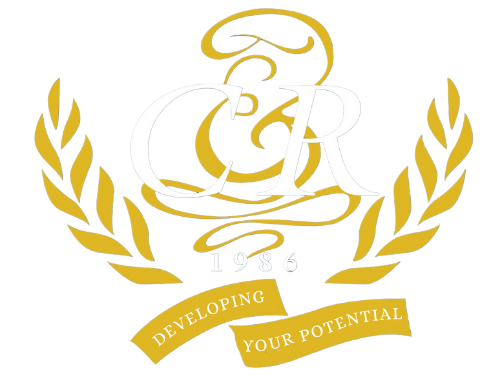What does an executor do?
When someone writes their will, they have to choose an executor. The executor is then responsible for making sure the person’s final wishes are carried out after they die.
The executor’s role begins as soon as the person has passed away.
What are your responsibilities as an executor in a will?
As the executor, it’s now your responsibility to administer the person’s estate. The estate includes all the person’s assets and liabilities. Their assets are their property and belongings that have value, such as a house, car, shares and investments. Their liabilities consist of any money they may owe, such as a mortgage, loans and taxes due.
Your first job is to find the person’s original will and arrange the funeral. Some of the other tasks that the executors role usually includes:
- An executor must notify the beneficiaries of the Will: All beneficiaries must be located and contacted (including those who are overseas).
- Debts and liabilities must be dealt with: Debts must be paid, or passed on. If you are an Executor, you’ll need to establish a complete picture of the deceased’s finances. This includes identifying any debtors and creditors. Funeral expenses, income tax, fees for administering the estate and out-of-pocket expenses must also be paid.
- An executor is responsible for everyday tasks: An Executor must arrange for pets to be cared for, redirect mail, cancel services and pay any outstanding bills.
- They have to insure the estate: An Executor is responsible for all the assets until they have been passed on. An Executor must identify the estate assets, including any that are interstate or overseas. This includes homes, cars, superannuation, jewellery, investments and home contents. These must all be valued, secured and insured.
- They must attend to any businesses: An Executor must deal with any business the deceased had an interest in. This may include determining if the business operates as a Sole Trader, Partnership or Company. The Executor may be required to carry on the running of the business or wind up the business, sell real estate and other assets, organise tax issues and invest funds in a prudent manner.
- There can be legal risks: An Executor is responsible for resolving estate issues, liabilities and disputes. This may consist of challenges to the will including family maintenance claims, entitlement issues and beneficiary disputes.
- An executor must lodge the tax return: If you are an Executor, you need to obtain clearance from the Australian Taxation Office before the estate can be distributed. Otherwise you run the risk of being personally liable for any outstanding tax. You’ll need to gather details of all income earnt by the deceased in the years prior to their death and during the time since their death. You then must prepare a date of death tax return – and maybe prior returns for the deceased if they have not lodged for some time – and an estate tax return.
- An executor may need to sell the assets: It depends on the Will and the estate. An Executor is responsible for selling or transferring assets to the beneficiaries. This includes houses, land, shares and investments. If the assets are sold, you’ll need to take into account any costs of sale and any capital gains tax.
Other Responsibilities include;
- Applying for a death certificate
- Applying for a grant of probate
- Protecting the person’s assets. You need to make sure the assets are safe so that they can be given out as the person wanted them to be. This might include taking out insurance or making an inventory
- Providing death notifications to the Australian Tax Office, Centrelink and banks
- Resolving disputes between beneficiaries
- Claiming life insurance and superannuation
- Setting up trusts (testamentary trusts within the Will) and administering them, if that is part of the instructions in the will. A trust might be set up to look after and protect assets for a child until they reach a certain age
- Distributing assets according to what is in the will
- Providing a full accounting of your administration of the estate to beneficiaries.
You can choose to administer the estate yourself or ask a trustee company to administer the estate for you.
What happens when all debts have been paid?
You can distribute the remaining assets according to the will. You will need to account for funeral expenses, debts and the management of any claims. And you’ll need to prepare a statement for all beneficiaries detailing all transactions.
An Executor can authorise someone else to act as Executor
A lot can happen between agreeing to be an executor and becoming one. If you’ve been appointed as executor but don’t believe you have the capacity to fulfil the required duties, you can choose to authorise State Trustees to to administer the estate on your behalf.
Every estate is unique. Some may be complicated or others may be straightforward. Sometimes an estate may appear straight forward, but unexpected complications may arise.
Please submit your details on this blog for a obligation free advice on how we can help or;
